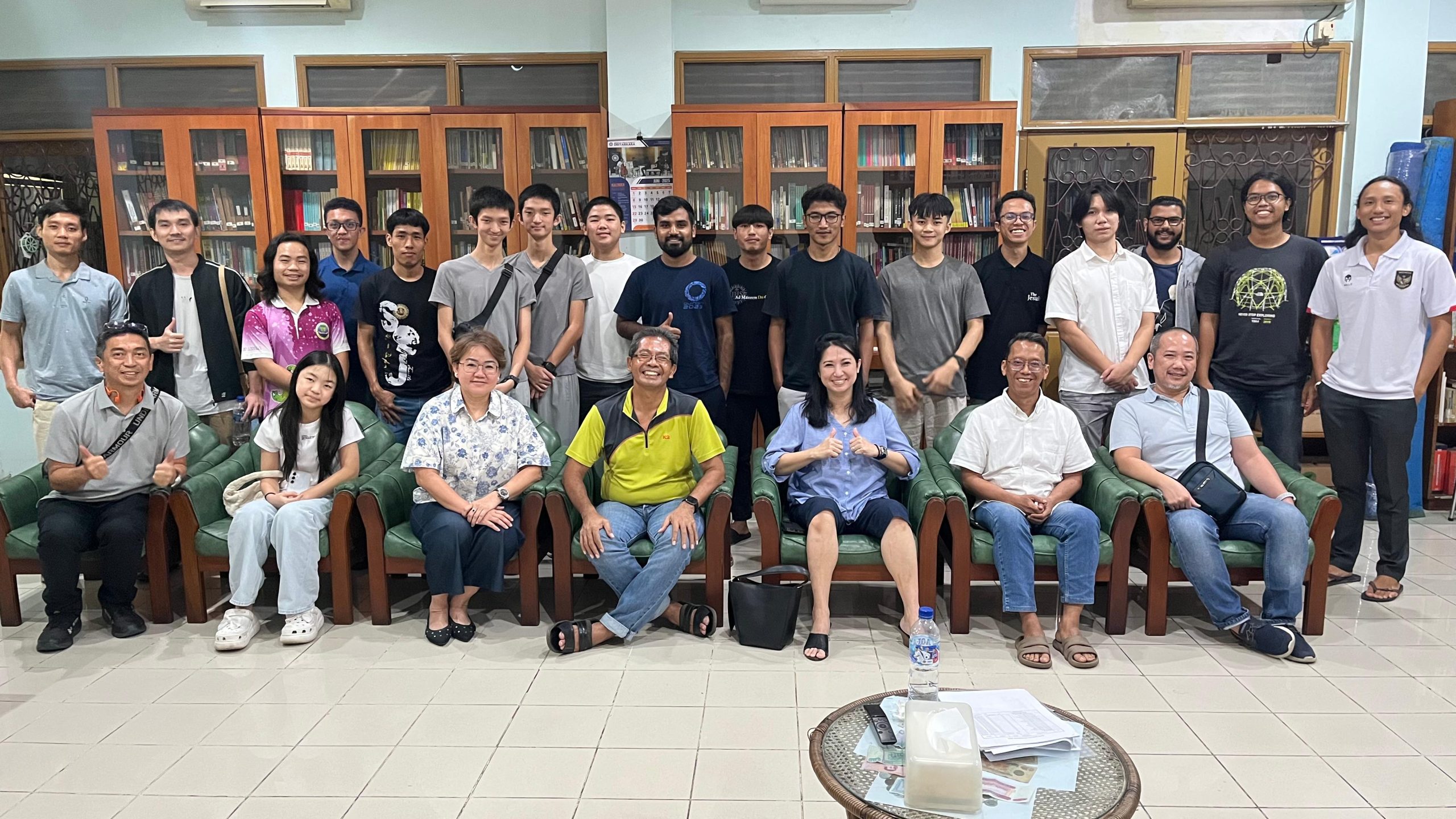On June 8, 2025, the Community of Hermanum College gathered with donors to review and reflect on the “nasi berkah” (blessed rice) program, which provided rich learning experiences for the participants from October 2024 to June 2025. This program continues to serve those impacted by economic hardship, expanding from its original location at the Scholasticate of Pulo Nangka to other scholasticates like Kampung Ambon, Johar Baru, Kramat 6, and Kramat 7 (Wisma Dewanto). Each unit distributes 30 food coupons per week, each worth a subsidy of Rp10,000, while recipients contribute Rp2,000 to partner food stalls.
The program faced challenges, including staff changes that affected coordination, price increases from food stalls due to rising ingredient costs, and miscommunication regarding payment systems, especially when main coordinators were absent. Additionally, irregularity in coupon distribution occurred due to the academic and internal commitments of participants.
A key strength of the program lies in the personal relationships formed. Many participants shared how the coupons provided access to food and meaningful connections. Recipients eagerly awaited their weekly distributions, and food stall owners also felt engaged, some even adding extra food to show their support. Active partners and donors, such as the families of Ibu Fifi and Ibu Khim, view providing decent food as a way to value community and see the initiative as more than an economic transaction but also an opportunity to share kindness consistently.
The program reflects a responsive approach to Universal Apostolic Preferences, particularly in standing with marginalized individuals, emphasizing that no one is alone. Participants, especially expatriates, find this initiative a chance to learn about Indonesian language and culture while engaging with social realities. Despite practical challenges, small moments serve as lessons in deepening love through tangible actions.
Moving forward, decisions were made to improve the program’s effectiveness, such as adjusting coupon prices to match economic needs, enhancing payment transparency with receipts, prioritizing communication with partner stalls, and focusing on the genuine needs of recipients rather than their social status. The aim is to foster collective care and touch many lives—recipients, stall owners, participants, and donors alike. The program encourages consistent, meaningful sharing, posing the question of how individuals can be channels of grace in simple yet significant ways.
Contributor: Sch. Laurensius Herdian Pambudi, S.J.




